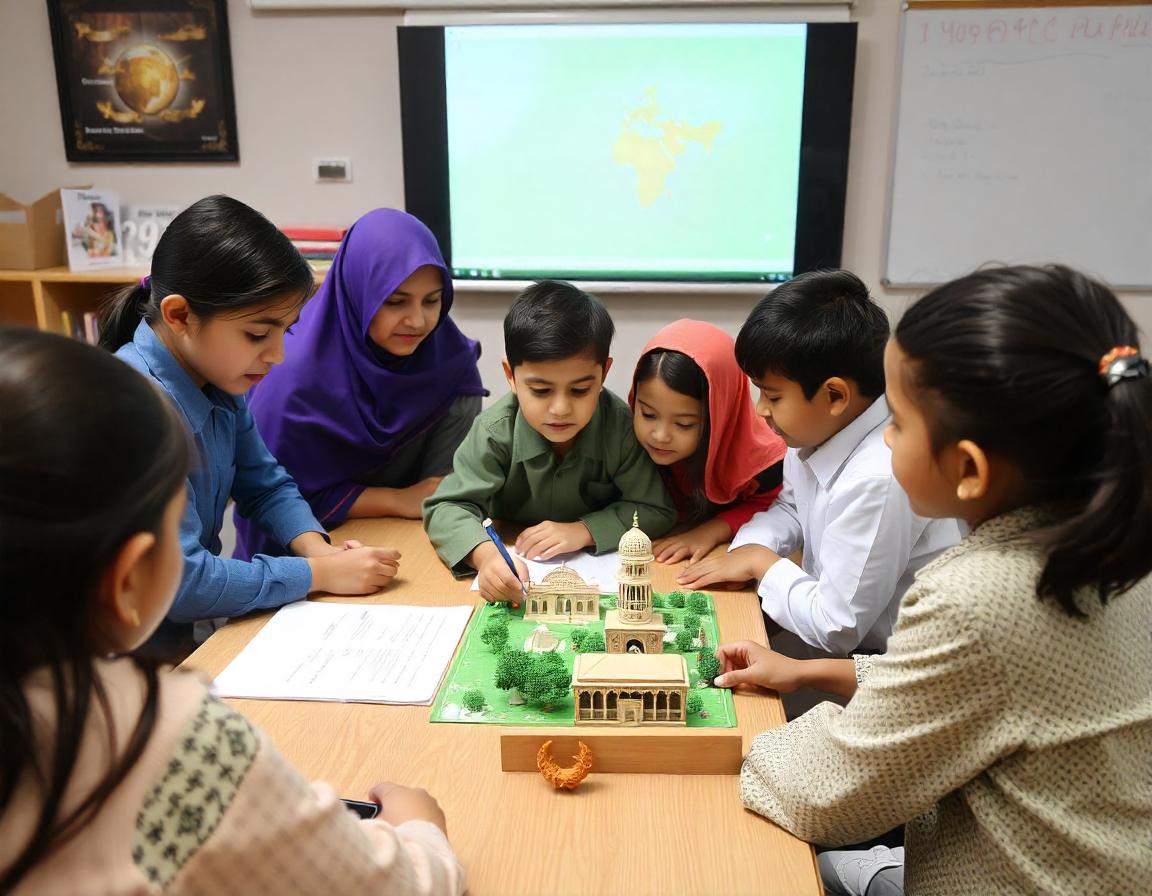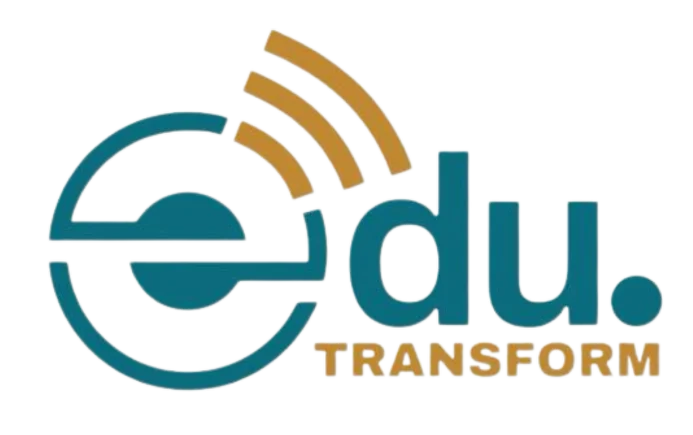
Project-Based Learning: Revolutionizing Education for Real-World Success
In today’s rapidly evolving world, traditional education methods often struggle to keep pace with the demands of the modern workforce and society. Project-Based Learning (PBL) has emerged as a revolutionary approach to education, bridging the gap between academic theory and real-world application. At EduTransform, we believe that education should prepare students not just for exams but for life. PBL embodies this philosophy by fostering skills such as critical thinking, problem-solving, teamwork, and adaptability—qualities that are essential in any field or industry.
What is Project-Based Learning?
Project-Based Learning is an educational methodology where students learn by actively engaging in real-world and personally meaningful projects. Unlike traditional rote learning, PBL requires students to investigate and respond to complex questions, problems, or challenges. This hands-on approach encourages deeper understanding and retention of knowledge while nurturing curiosity and innovation.
For instance, instead of simply studying the environmental impact of pollution in textbooks, students might work on a project to analyze local pollution levels and propose actionable solutions. This immersive experience not only makes learning more engaging but also ensures that students develop practical skills that they can apply beyond the classroom.
The Core Benefits of PBL
Project-Based Learning (PBL) is revolutionizing education by equipping students with practical skills and knowledge that extend beyond the classroom. By engaging students in meaningful projects, PBL fosters critical thinking, teamwork, real-world application, and lifelong learning. Here’s a detailed exploration of the core benefits:
1. Enhancing Critical Thinking
Critical thinking is an essential skill in today’s dynamic world, and PBL actively nurtures this capability. Through complex projects, students are encouraged to:
- Analyze Problems
PBL requires students to dive deep into problems, identify root causes, and evaluate their significance.
- Evaluate Solutions
Students assess various solutions for their feasibility, effectiveness, and potential impact, honing their decision-making skills.
- Anticipate Outcomes
Projects often involve predicting and measuring the outcomes of chosen solutions, teaching students to think ahead.
For example, a project about designing a sustainable city compels students to consider environmental, economic, and social factors, sharpening their ability to approach issues from multiple perspectives.
2. Fostering Teamwork and Collaboration
Teamwork is vital in most professional and personal settings, and PBL prepares students for collaborative environments by:
- Encouraging Communication
Students learn to articulate their ideas clearly, listen to others, and engage in constructive discussions.
- Managing Conflicts
Working in groups often leads to differing opinions, giving students opportunities to develop conflict-resolution skills.
- Leveraging Strengths
In PBL, students recognize their teammates’ unique skills and learn how to harness these strengths for collective success.
For instance, a group working on a project to create an educational app will need to assign roles such as design, coding, and marketing, teaching them how to utilize individual expertise effectively.
3. Connecting Education to the Real World
One of the standout aspects of PBL is its ability to bridge the gap between academic learning and practical application. Students tackle real-world issues, which:
- Boosts Motivation
When students see the immediate relevance of their efforts, they become more engaged and eager to learn.
- Prepares Them for Careers
By working on projects that mimic real-life scenarios, students gain insights into professional practices and expectations.
- Enhances Problem-Solving Skills
Real-world problems are rarely straightforward, teaching students to navigate ambiguity and complexity.
For example, a project focusing on improving local waste management not only teaches science and engineering concepts but also instills a sense of responsibility toward community development.
4. Developing Lifelong Learning Skills
In a world where change is constant, the ability to learn and adapt is paramount. PBL cultivates lifelong learning skills by:
- Promoting Self-Directed Learning
Students take charge of their educational journey, setting goals, seeking resources, and managing their time effectively.
- Encouraging Reflection
By reviewing their project outcomes and processes, students learn to identify areas for improvement and celebrate their successes.
- Building Resilience
PBL often involves trial and error, teaching students to persist through challenges and setbacks.
For instance, a student working on a robotics project learns not only technical skills but also how to troubleshoot and adapt when faced with unexpected obstacles.
How EduTransform Implements PBL
At EduTransform, Project-Based Learning is at the heart of our educational model. Our schools and programs are designed to integrate PBL into every subject, ensuring that students not only excel academically but also develop the soft and hard skills required for the 21st century.
- Customized Curriculum
We tailor our PBL activities to align with global standards while addressing local contexts, making education relevant and impactful.
- Teacher Training
Our educators undergo rigorous training to master PBL methodologies. This ensures they can guide students effectively and foster a dynamic learning environment.
- Community Engagement
Many of our projects involve collaboration with local communities, giving students a sense of responsibility and the opportunity to make a tangible impact.
In our model schools, we’ve seen remarkable transformations in both students and teachers. Students who once struggled with traditional learning methods have flourished in a PBL environment, showcasing creativity and innovation in ways they never thought possible. Teachers, too, have found renewed passion and purpose, as they witness firsthand the profound impact of their efforts.
PBL: The Future of Education
As the world becomes increasingly interconnected and complex, the need for adaptable, skilled individuals has never been greater. Project-Based Learning equips students with the tools to thrive in this environment, making it a cornerstone of modern education. EduTransform is proud to lead the way in implementing PBL across our schools and programs, preparing learners for the challenges and opportunities of the global stage.
Join EduTransform in reshaping the future of education. Whether you’re a student, parent, or educator, discover how Project-Based Learning can unlock your potential and transform your journey. Visit EduTransform today to learn more about our innovative programs.

